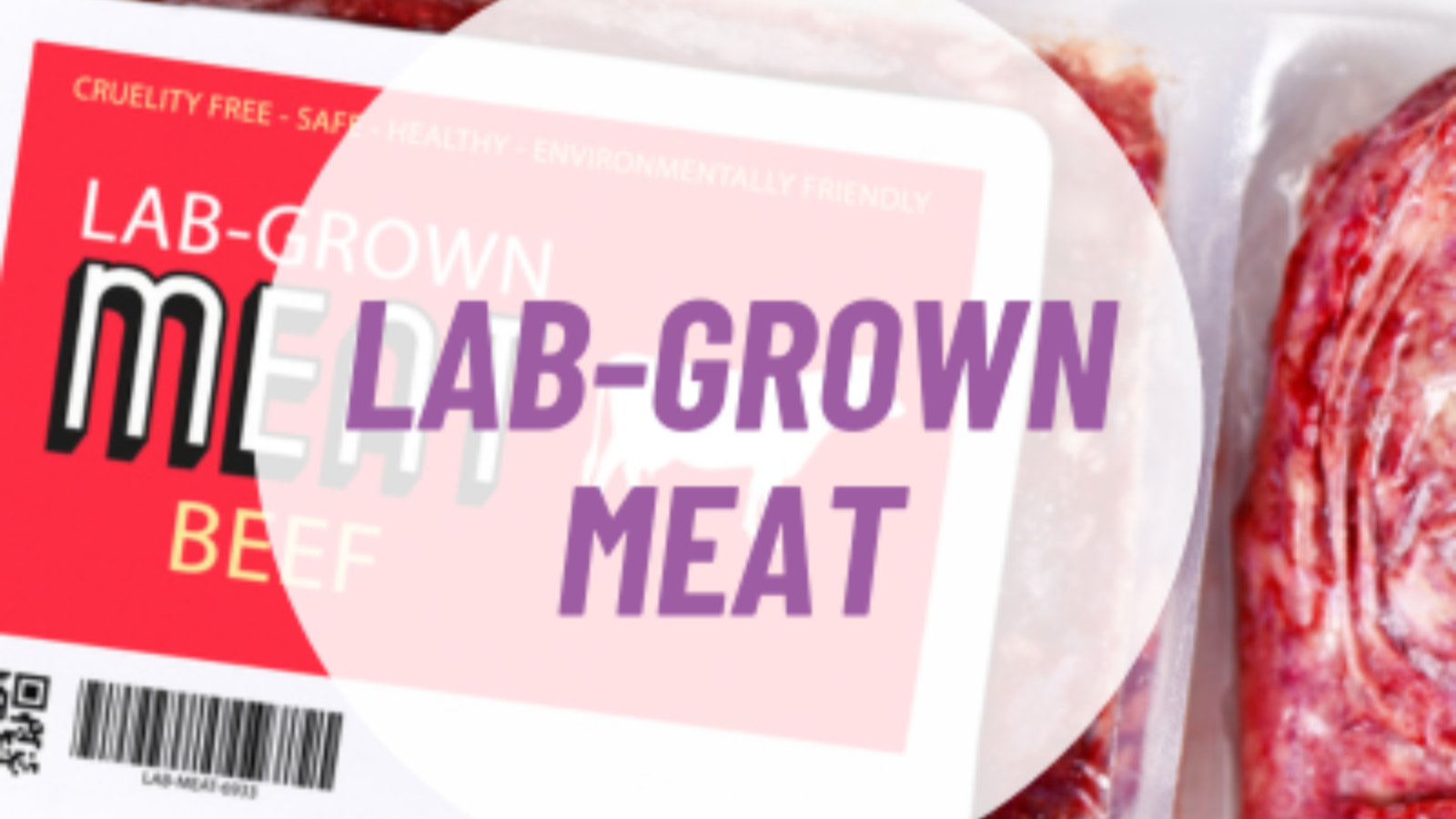
Lab-Grown Meat: Innovation or Disruption for the People Who Feed Us?
Cultivated meat—also known as lab-grown meat—has moved well beyond the early experimental phase. A few years ago, it felt like something you'd only see in a science documentary, but now companies worldwide are producing real meat without animals. Some have already launched products in places like the US and Singapore, and the UK seems to be moving toward regulatory approval in the next couple of years.
The tech is getting more advanced (and cheaper) all the time. We’re seeing developments like AI being used to optimise how cells grow, plant-based scaffolds to give meat realistic textures, and 3D printing to build structure into the final product. It’s clever stuff, but what I keep returning to is—what does this mean for the people?
As someone who works in recruitment in the food industry, I'm always thinking about the human side of these shifts. Where do the jobs go? What new ones get created? And what happens to the people who’ve been doing things the traditional way for generations?
New Tech Means New Roles
As you'd expect, there’s a growing need for people in science and engineering—biotech specialists, lab technicians, automation experts, and quality and safety roles. There’s also a lot of crossover with tech and manufacturing—things like data analysts, machine operators, and people who can help scale processes from lab to factory.
But What About Traditional Roles?
I can’t help but wonder what impact this might have on more traditional parts of the industry—farming, meat processing, supply chain. Could we see job losses as cultivated products grow in popularity? Possibly. But I also think there’s a conversation to be had about working together.
Could traditional meat processors bring expertise to help refine these new products? Could farmers supply some of the raw ingredients for cell culture or alternative scaffolding? Could rural communities benefit from new types of facilities opening locally?
Room for Both?
It doesn’t have to be either/or. Traditional meat and cultivated meat might end up sitting side by side for a long time, each appealing to different consumers. What interests me is whether the people behind both approaches can learn from each other, and how we as an industry support that.
These are big changes, and like a lot of things in food right now, they’re happening quickly. I’m definitely not an expert in cell biology, but I am interested in how this all plays out for real people and jobs across the sector.
